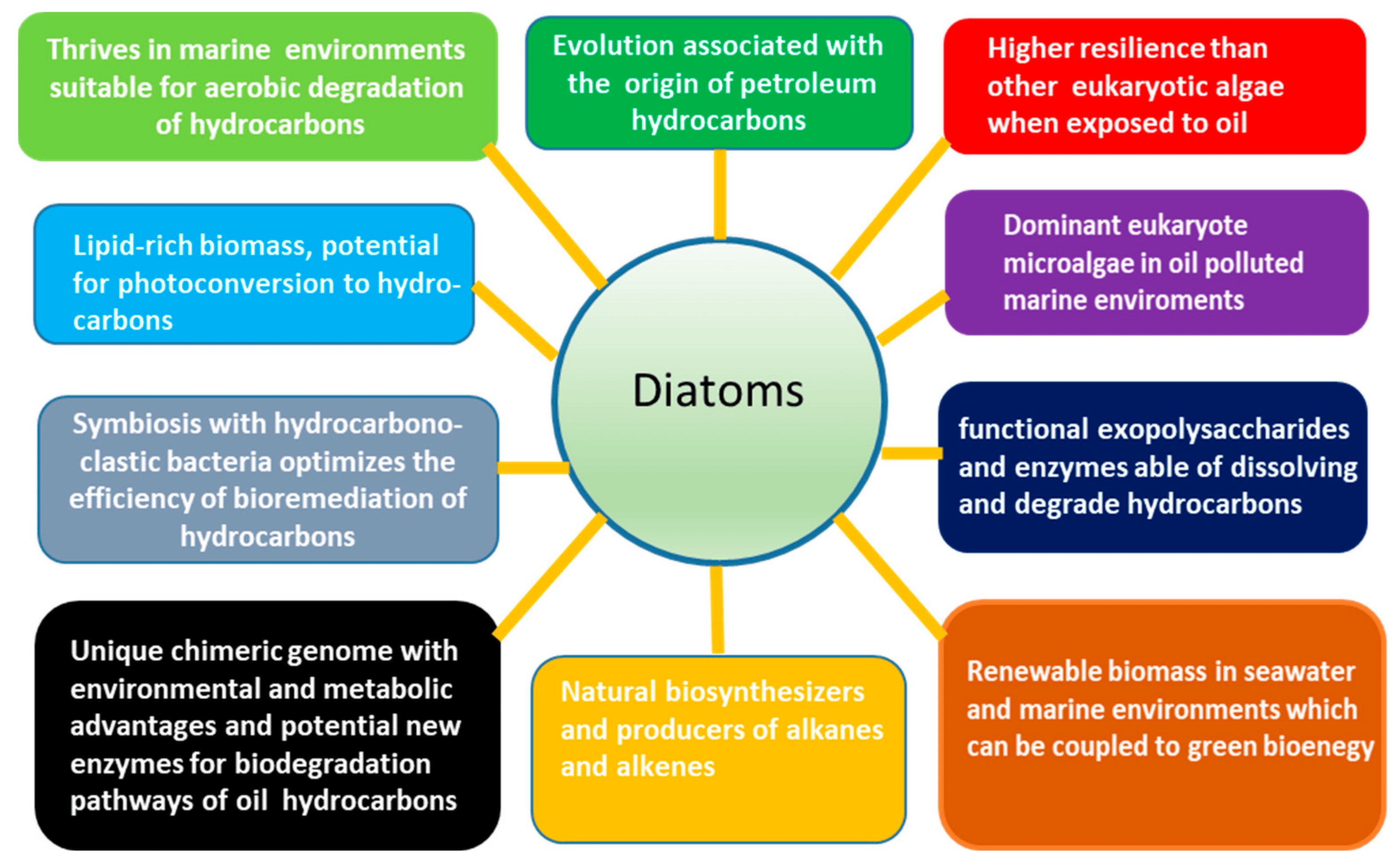Biotechnology can turn out to be a fruitful asset in combating climate change. Here are a few ways how: Healthcare: The advent of oral vaccines and other genetically engineered vaccines will/have reduced the need for syringes, needles etc which are used to administer most vaccines currently. This siRead more
Biotechnology can turn out to be a fruitful asset in combating climate change. Here are a few ways how:
Healthcare: The advent of oral vaccines and other genetically engineered vaccines will/have reduced the need for syringes, needles etc which are used to administer most vaccines currently. This significantly decreases the biohazardous waste produced.
Agriculture: The nutritive value of soil has considerably declined and the production of genetically modified crops like golden rice, flavr-savr tomato and round-ready soybean has helped not only enhance the nutrition per square of land used but made them more sustainable to stay in the market for longer durations downplaying the constant need to produce food that requires a lot of water.
Infrastructure: Urban heat islands are a major problem in cities owing to the heat waves and building materials used. Biotechnology in combination with material science can help manufacture raw materials used in construction enabling better management of temperatures.
See less

Roles of Introns in DNA: 1. Introns, previously thought of as useless DNA, have significant functions in controlling gene expression. They enable alternative splicing, enabling one gene to create various proteins, thus enhancing protein variety without increasing genome size. 2. In addition, intronsRead more
Roles of Introns in DNA:
1. Introns, previously thought of as useless DNA, have significant functions in controlling gene expression. They enable alternative splicing, enabling one gene to create various proteins, thus enhancing protein variety without increasing genome size.
2. In addition, introns play a role in regulating genes by containing elements that impact how genes are expressed. They have the ability to impact mRNA stability and transportation, which guarantees proper and timely synthesis of proteins.
3. Introns play a role in evolution by offering opportunities for genetic recombination and mutation, potentially resulting in the development of novel gene functions.
4. Their existence in DNA highlights the intricate nature of genomic regulation and the advanced methods of controlling gene expression.
See less